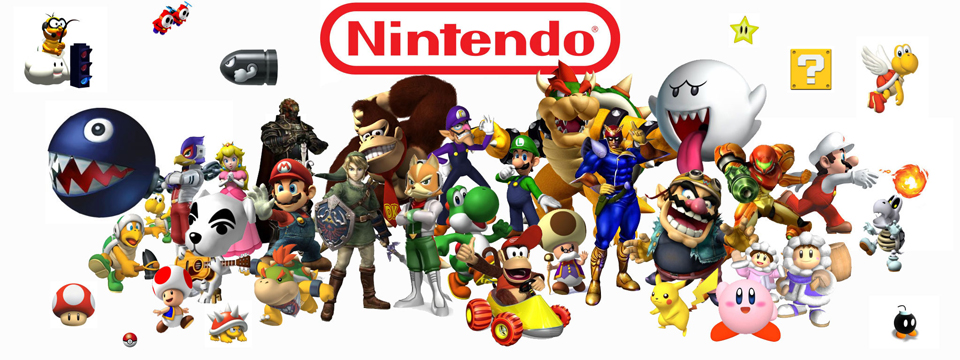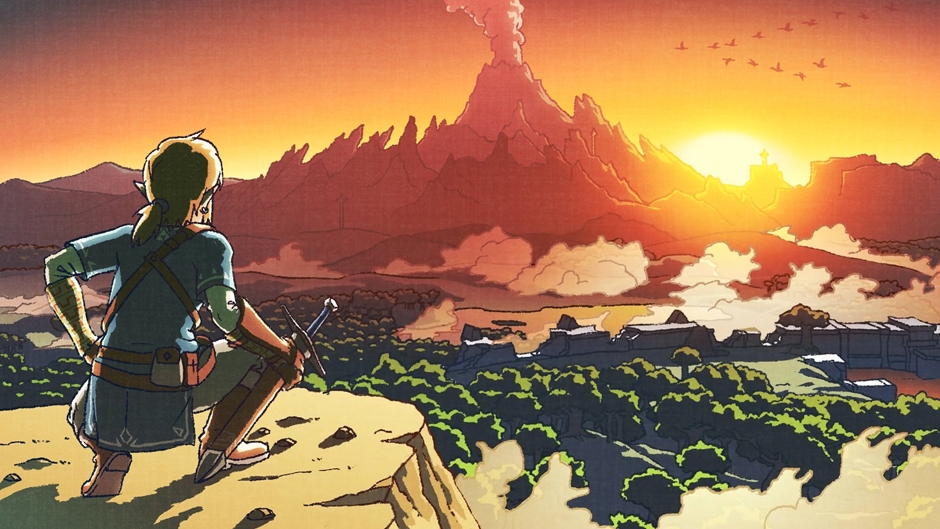
By Zachary Landau | The Duquesne Duke

Nintendo has come under fire by fans for censoring its content during localization of its video games.
Last Wednesday, Nintendo fired a member of its Nintendo Treehouse division (an American branch in-charge of localization and quality assurance testing) after it came to the company’s attention that she was working a second job, something that conflicted with her employment contract.
At least, that is the narrative Nintendo wants out there. The truth of the matter is that the employee, Alison Rapp, was jettisoned from the company in order to save face from the controversy surrounding her.
This controversy began last year when it was announced that the localized version of “Xenoblade Chronicles X” for the Americas would not feature revealing clothing for the game’s underage teenagers and that the setting to change the breast size of the player’s female avatar was removed.
Virulent and angry gamers called this decision censorship and blamed Rapp, a public feminist and advocate for women in the video game industry, for initiating this change.
Rapp, however, denied any involvement in the removal of these features and even admitted to wanting the “boob slider.” This did not stop online harassers from doxxing (searching and publicizing private information) as well as threatening her safety.
This organized harassment intensified when it was revealed that Nintendo’s latest entries in the “Fire Emblem” franchise would not feature a minigame where the player could pet characters’ faces in order to seduce them. Again, gamers blamed Rapp for this removal despite her never making the decision to remove that aspect of the games’ romance mechanic.
The heaps of controversy surrounding Rapp lead Nintendo to first take her off of its marketing team and then, last Wednesday, fire her. According to the company, her termination was solely because of her “moonlighting.”
Rapp took to Twitter to announce her termination and her time as an employee at Nintendo. She explained that, “Moonlighting is actually accepted at Nintendo. It’s policy,” and that she was working a second job under a pseudonym in order to pay off student loans. According to her, Nintendo would have never figured out she had a second job if people did not actively out her.
But let’s be clear about the real problem here: Nintendo, probably the single most influential company in the gaming industry, did nothing during the months of harassment to defend its employee and then dumped her at their earliest convenience. In fact, Nintendo took an active stance against its employee (and, perhaps more tragically, its fans) by justifying every one of the harassers.
What Nintendo did was send a clear message to these petulant brats: If you complain loudly enough, we will do anything you want. As such, a woman lost her job and her benefits after months of fearing for her life in an industry that has one of the worst reputations with women.
That type of behavior should make people furious: a company firing an employee whose safety was threatened because of literally no reason besides speculation on the part of angry trolls. These types of controversies never happen outside of gaming; in no other industry are women stalked online, their personal information leaked, their lives and the lives of their loved ones threatened, and then ejected like they were common criminals.
The worst part about this controversy, however, is that no one will care. It is the unfortunate reality in this industry that women are harassed on a near constant basis, so for gaming at large, it is no big deal that another woman left the industry in shame. While Rapp has to scramble to find another job to support herself and her husband, Nintendo is scraping in fans’ good graces.
Nintendo claims to care about inclusiveness in the industry, but its message is clear: If you are an aspiring video-game designer, artist, marketer or whatever, stay clear of Nintendo. Their fans will make you fear for your life, and as repayment for your love and hard work, you will be fired because you are ruining the company’s image. It is ridiculous to see a company so completely turn its back on one of its own employees just because of a few complaints on the web. The video game industry has a lot of growing up to do and situations like this only make it worse.




